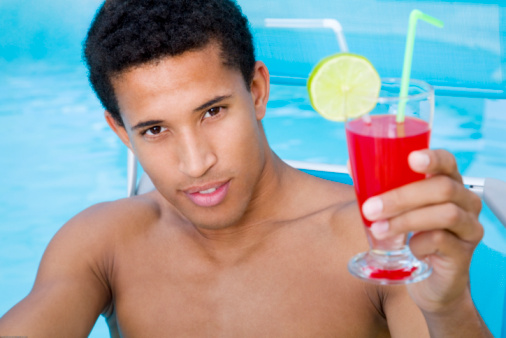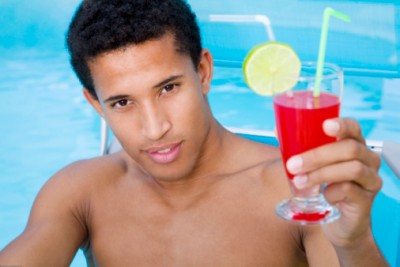
There is a high chance that teenagers have or will have an encounter with alcohol either through experimenting or through someone else’s drinking.

Naazia Ismail, South African Depression and Anxiety Group (SADAG) Project Manager shares 6 tips on how to help curb underage drinking.
Listen to your children
The more open your relationship with your children is, the more likely they will feel comfortable with talking to you about any issues, including alcohol. Listen to them, don’t judge and let them know they can come to you and trust you.
Teach them to deal with peer pressure
Give them some examples of how to say ‘no’ without losing face. If your child is offered alcohol, here are some examples of what he or she can say, which includes using white lies that involve you or the other parent:
- “No thanks.”
- “Not today, thanks.”
- “I don’t like the way it (beer, wine, cider) tastes.”
- “I’ll be grounded for life if my dad finds out I’ve been drinking.”
- “My mom will not teach me how to drive if she finds out I have been drinking.”
- “I need all my brain cells for rugby practice (math test, homework) tomorrow.”
If your child is offered alcohol, here are some examples of what he or she can do:
- Leave the scene
- Change the subject
- Laugh it off
Teach them to say no to adults
They should learn to say no to adults who send them to the tavern or the shop to buy alcohol; or adults who offer them a taste or sip of an alcoholic drink and promise not to tell.
Invest in recreational activities and in spending quality time with your children
Encourage your teens to take part in activities that develop interests and skills that will help them feel good about themselves without the use of alcohol. Hobbies, school events, sports, healthy relationships, and volunteer work are examples of such activities.
Talk about substance abuse
If you don’t tell them the facts, someone else will – and the ‘facts’ they get from friends are seldom true. Instead of waiting until a problem arises, talk to your teen about your concerns and the messages they may be getting from the media and their peers.
Know the facts and then teach them
Know the facts about alcohol. You can’t expect your child to know the effects of alcohol on the body and the risks of alcohol misuse if you don’t have all the information yourself. Be informed and ensure your teenager knows the effects of alcohol and the dangers it presents.
- People who begin drinking before the age of 15 are four times more likely to become alcohol dependent than those who have their first drink at age 20 or older.
- Teens that use alcohol are three times more likely to be involved in violent crime.
- 67% of teens who drink before the age of 15 will go on to use illegal drugs.
- In 56% of reported rape cases, the victims have been under the influence of alcohol.
For more tips like this and to take the 18+ pledge against underage drinking go to www.sabstories.co.za




